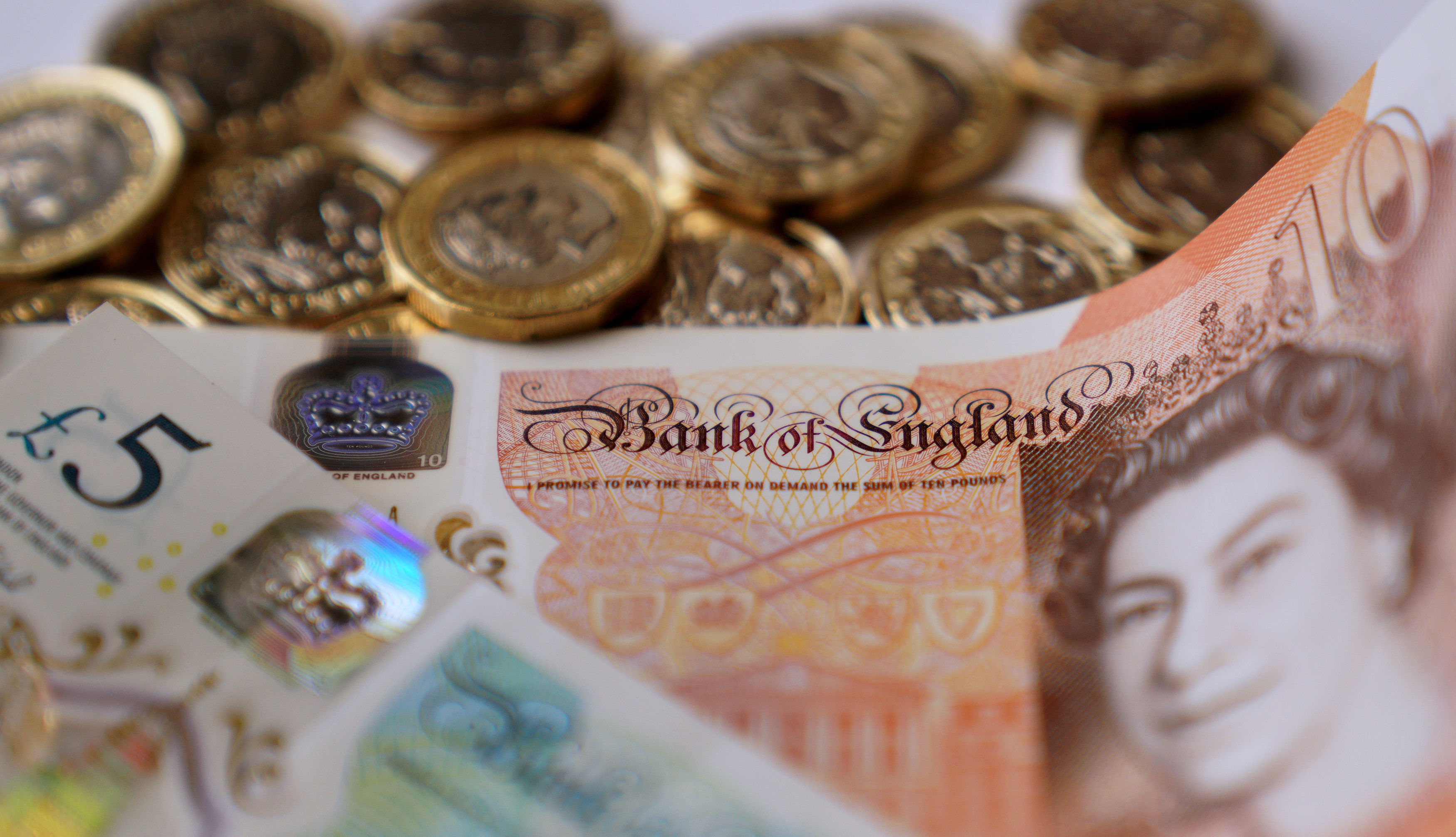
Almost a quarter of Scots have borrowed money from family and friends just to cover day-to-day living costs, according to new research.
The Bank of Scotland study found 36% have borrowed money from their network, with 23% saying they have done so just to get by and 8% do not expect to pay it back.
A total of 54% say they feel guilty as they hoped to provide for themselves, with 8% saying it had caused tension in their family.
The average amount borrowed from the so-called Bank of Mum and Dad was found to be £3,209.
Ricky Diggins, network director at Bank of Scotland, said: “As I am sure most Scots would agree, we are a small but generous nation, especially when it comes to family members, feeling much more comfortable lending than borrowing.
“It’s important for us all to open up about money with our family and friends as this can help with easing financial strains or worries.”
Scots are most likely to borrow money from the Bank of Mum and Dad, at 29%.
One in 20 have borrowed from siblings and 4% from friends, with 3% seeking financial support from grandparents.
The findings show 58% say they are happy to give a helping hand to family and friends, with 10% feeling annoyed about lending to loved ones.
Those in Aberdeen (76%) and Fife (68%) appear to be the most generous regions and are happiest to offer a loan in times of need.
South Scotland (49%) and Dundee (48%) are shown to be less likely to hand out the cash, with around only half happy to lend money to a family member.
Those in Lothians (17%) and Dundee (17%) are also more likely to be annoyed about being asked for a loan.
It comes as a quarter of Scots said they do not expect to get their loan back from loved ones.
The How Scotland Lives study used nationwide analysis from YouGov of 3,048 adults.

Enjoy the convenience of having The Sunday Post delivered as a digital ePaper straight to your smartphone, tablet or computer.
Subscribe for only £5.49 a month and enjoy all the benefits of the printed paper as a digital replica.
Subscribe